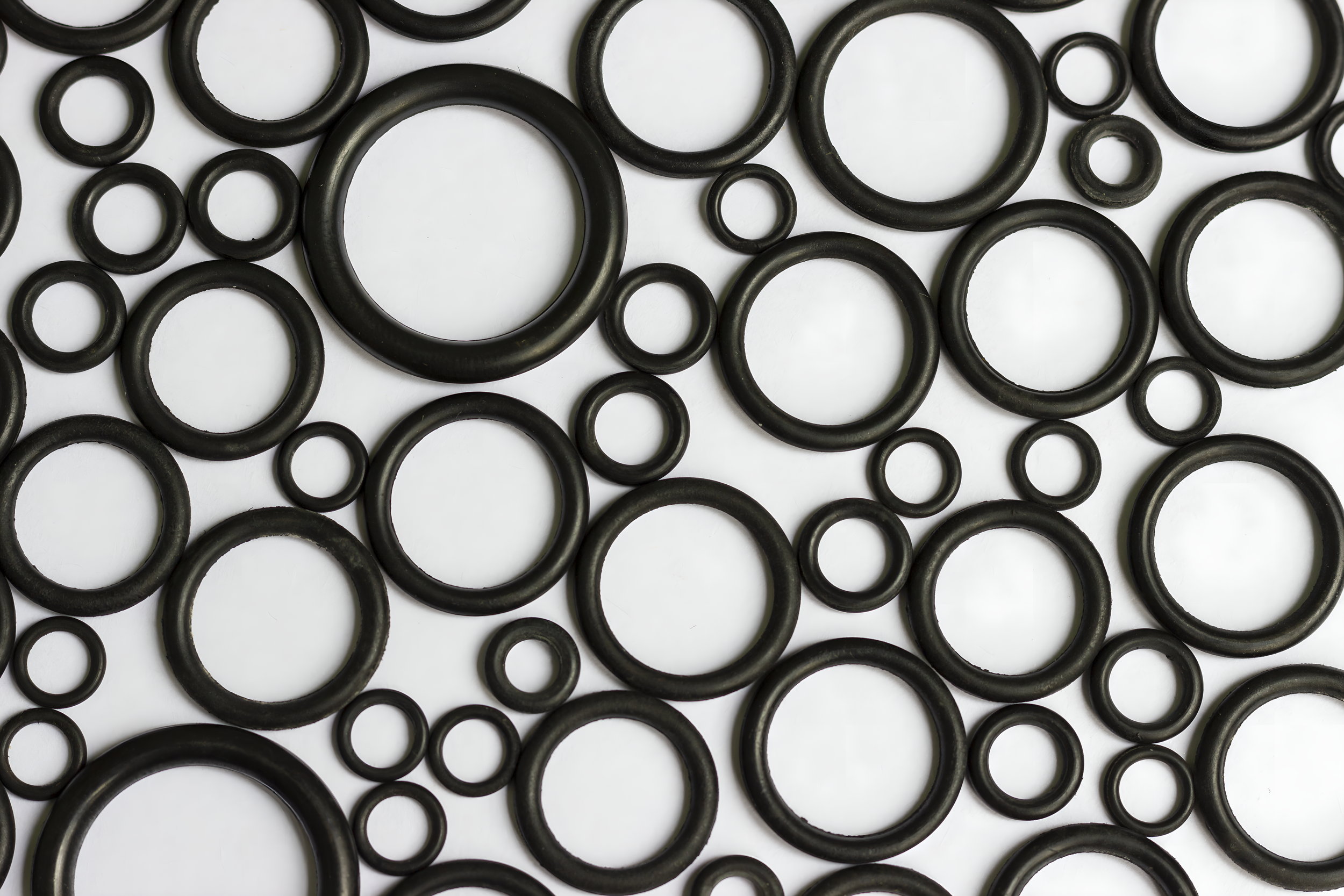
Bonded Seals
Bonded seals, sometimes referred to as Dowty washers or Usit rings, provide a quick and effective static-sealing solution for bolt heads, nuts, screw couplings, and flange connections. They prevent leaks of liquids or gases within a system and are often used in hydraulic systems. Due to their metal outer ring, bonded seals are particularly suitable for high-pressure applications.
Types of Bonded Seals:
The bonded seals are made with a metal outer ring and a trapezoidal synthetic rubber inner ring. Some designs also include a centering ring that self-centers, allowing for quick and precise positioning. This self-centring feature makes installation easier and faster.
Bonded Seal Sizes:
Bonded seal sizes are determined by the dimensions of the bolt, nut, screw, or flange you need to seal. The applicable standards for bonded seals align with the standards of the related component, and seals can be selected based on metric sizing.
Materials Used for Bonded Seals:
We offer a variety of rubber and metal materials for the production of bonded seals, including NBR and FKM for the rubber element, and stainless steel or mild steel for the metal ring.
We can also customize combinations of rubber and metal to suit your application.!
When choosing the correct material you must take into consideration the medium, temperature, pressure, and operating time. The metal ring plays a key role in determining the maximum pressure the bonded seal can withstand.
Key Materials for Bonded Seals:
NBR (Nitrile Rubber):
NBR is commonly used in bonded seals for hydraulic and lubricating oils. However, it has limited resistance to UV radiation, aging, and high temperatures (above +120°C).FKM (Viton):
FKM is ideal for applications with harsh chemicals and high temperatures, up to +200°C. It is resistant to many acids but not to hot water or steam. Certain special FKM compounds can even withstand extremely low temperatures (down to -40°C or below).Mild Steel:
Mild steel is a cost-effective metal option for bonded seals, providing greater mechanical strength and resistance to compression fractures during assembly.Stainless Steel:
Stainless steel is recommended when mild steel isn’t suitable, especially for applications involving corrosive media or acids. It offers high toughness and superior resistance to corrosion.
How to Choose the Right Bonded Seal for the Application?
Select a bonded seal based on the dimensions of the bolt, screw, flange, or nut to be sealed, as well as the medium and temperature. Choose the correct material based on the properties of the medium and system temperature.

